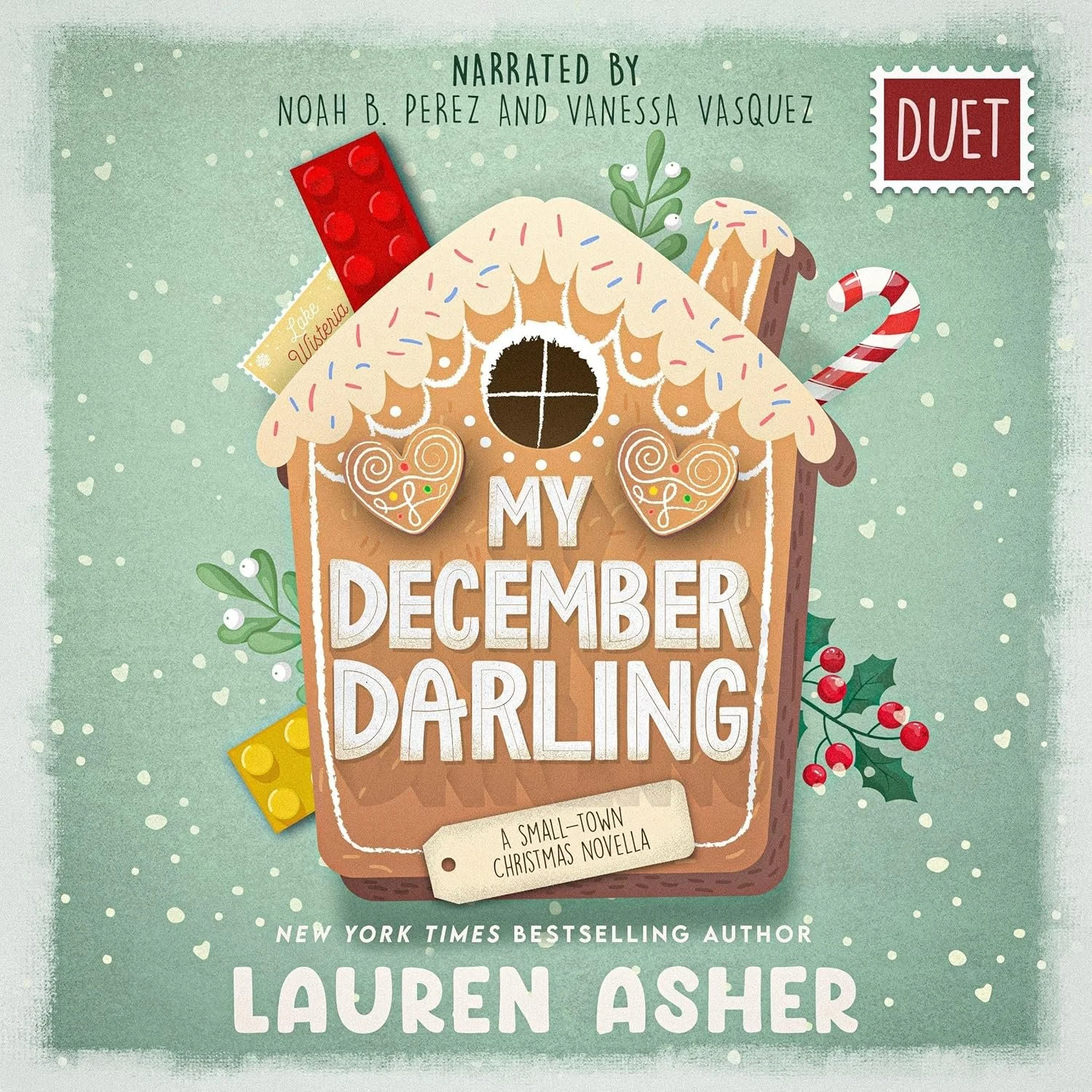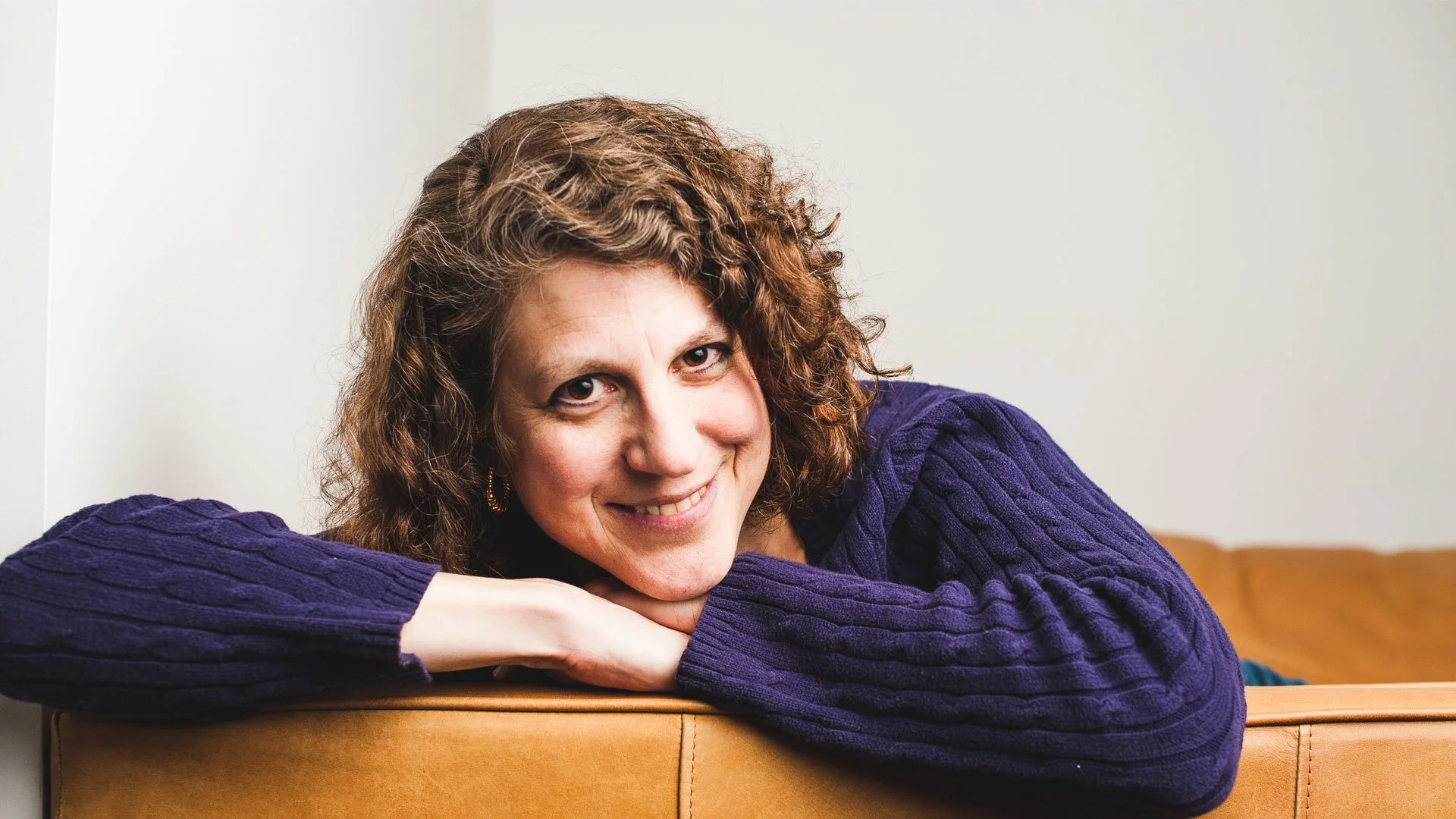Do We Live in a “Brave New World” of Books? by Monique Roy
/Ever wonder what a writer like Leo Tolstoy would make of the modern appetite for dystopian stories. As society changes, so do our book choices. This “Brave New World” of books is noisy and dark, and none of us can lie that we are morbidly fascinated with dystopian novels. We can see the strong upward trend of dystopian fiction from more than 50 years ago. From “Divergent” to the “Hunger Games” and to the dystopian obsession long ago, “1984” by George Orwell, and even before that, we were gripped by the passages of “Brave New World.” Perhaps all these books make us thankful for our lives today. Things could be worse.
We live in a “Brave New World” of books. Aldous Huxley’s “Brave New World,” published in 1932, deals with the conflicts between the interests of the individual and society. In this most enduring work, Huxley imagined a fictional future in which free will and individuality have been sacrificed in deference to complete social stability. A “Brave New World” created a dystopian world in which a totalitarian government controlled society by the use of science and technology. Huxley’s novel seems to prophesize the major struggles and themes that have dominated life in the second half of the twentieth century and continue to dominate in the twenty-first. Hitler came to power in Germany a year after the publication of a “Brave New World.”
In recent years, dystopian novels have turned darker. Gritty content that would have been unfathomable even a decade ago now transports readers to greater depths of chaotic societies. Character’s reactions to unraveling plots have become stronger and more reactive. While classic books such as “Little Women” stressed the importance of facing poverty with integrity, today’s characters are self-sacrificing and angry in worlds aflame with romantic love, power, violence and societies divided. Will these books have true staying power in 10, 20 and even 30 years? Do they explore the greatest depths of society? How do we bring light to such darkness? Dystopian novels of today may seem bleak, but some do send a ray of hope across their pages. While these books are entertaining, let’s not forget the classics.
According to The Telegraph (September 2013), a new study shows that 62 percent of us pretend to have read classic novels in order to appear more intelligent? Are you one of these people?
We all wonder what the future may hold and we can for sure catch a glimpse in the dystopian books that are crowding book shelves and movie screens. Modern dystopian novels have done a great thing for kids. They are capturing the hearts and minds of young readers. These stories are turning kids into voracious readers. All a great thing, but classic literature still brings wonderful things to the table that modern novels do not. Classic novels hold true a certain style of writing and language that has disappeared with modern books. Classic books bring about diversity and a more challenging reading environment, which helps young adults become more diverse and well-rounded. Let’s send a message to teen readers that it’s great that they are reading and diving into the wonders of a dystopian world, but the world of classic novels are not that dreadful. They are called classics for a reason. They have withstood the test of time.
Monique loves writing that twitches her smiling muscles or transports her to another time or place. Her passion for writing began as a young girl while penning stories in a journal. Now she looks forward to deepening her passion by creating many unique stories that do nothing less than intrigue her readers.
Monique was born in Cape Town, South Africa, and her grandparents were European Jews who fled their home as Hitler rose to power. It's their story that inspired her to write Across Great Divides, her debut, historical fiction novel.
Monique holds a degree in journalism from Southern Methodist University in Dallas and is also the author of a children's book Once Upon a Time in Venice. In her free time, she loves to travel, play tennis, pursue her passion for writing, and read historical fiction. In 2008, she was chosen by the American Jewish Committee's ACCESS program to travel to Berlin, Germany, on the 70th anniversary of Kristallnacht, to explore German and Israeli relations along with 20 other Jewish professionals from across the U.S.
Across Great Divides is a timeless story of the upheavals of war, the power of family, and the resiliency of human spirit. When Hitler came to power in 1933, one Jewish family refused to be destroyed and defied the Nazis only to come up against another struggle—confronting apartheid in South Africa.
Sixteen-year-old Eva and her twin sister, Inge, witness their lives in Berlin change before their eyes. Their best friend, Trudy, betrays them when she becomes a member of the Hitler Youth. A valuable family heirloom, a beautiful emerald and diamond pendant necklace, is confiscated by the Nazis as they continue to harass Jewish families and businesses. The family is conflicted whether they should leave home. But after the devastation of Kristallnacht in 1938, they finally flee Germany with the help of the underground resistance after hiding many diamonds. They seek refuge in Antwerp, but war follows them as Belgium is occupied by the Germans.
After they escape Europe - hiking over the Pyrenees Mountains while eluding German patrols and Spanish informers - they spend agonizing days on a ship bound for Rio de Janeiro that is targeted by a German U-boat. As Rio’s diamond business is corrupt, they decide to go to South Africa, another diamond market. In Cape Town, Eva encounters an impoverished colored woman, Zoe, who is in need of work. The family hires Zoe as their maid and shields her and her daughter, Zola, from the dangers they face in the slums of District Six and from the horrors of apartheid, which are all too reminiscent of Nazi Germany.
But, when Max gets into trouble with the South African police over his participation in an anti-apartheid march, will he be subject to imprisonment?
In a thrilling conclusion, the family comes to terms with the evils of society, both in their memories and current situation in South Africa.














































